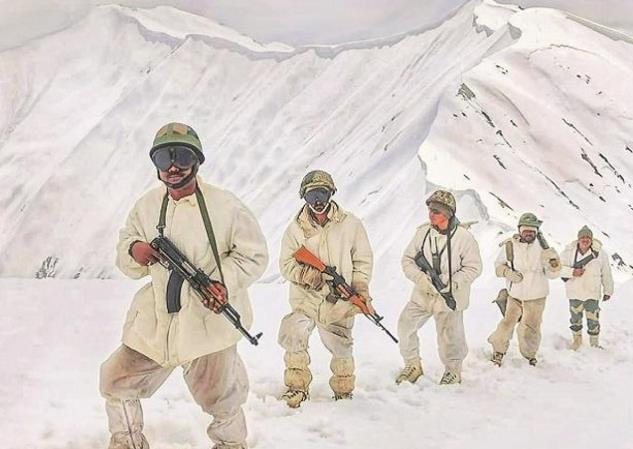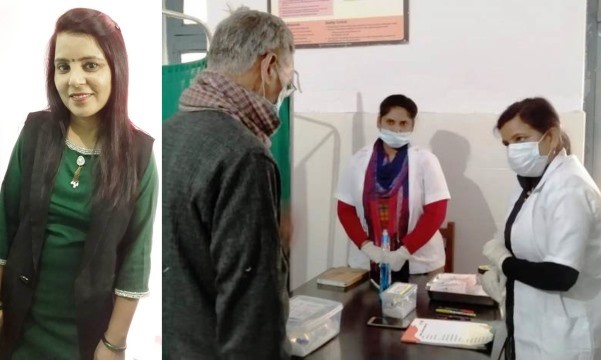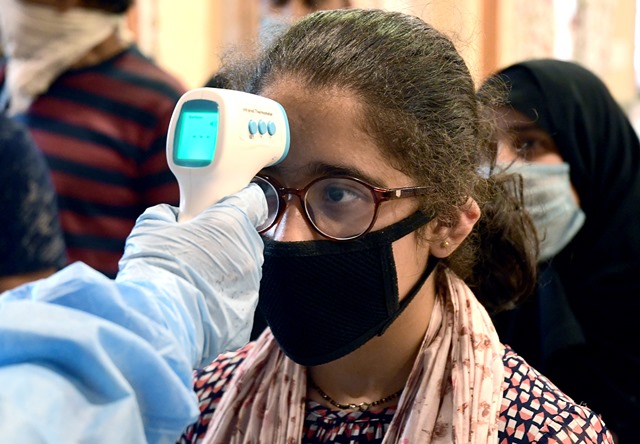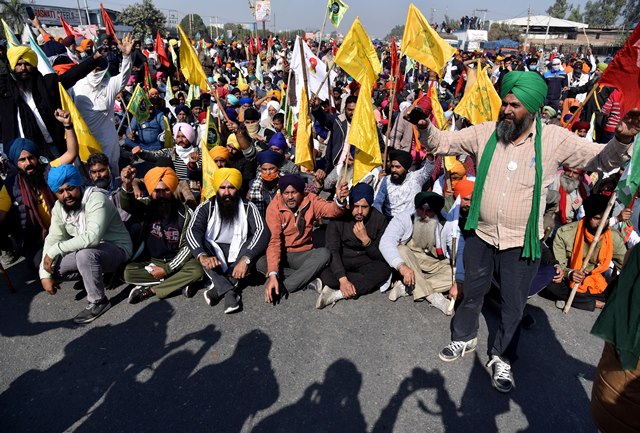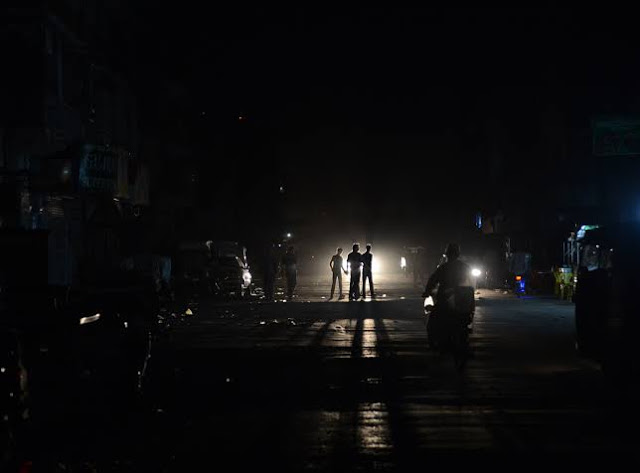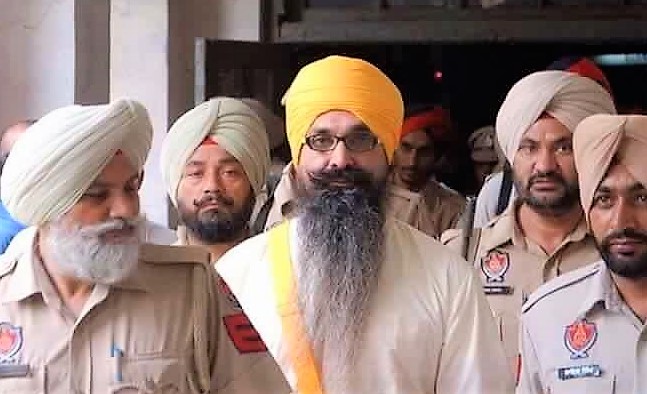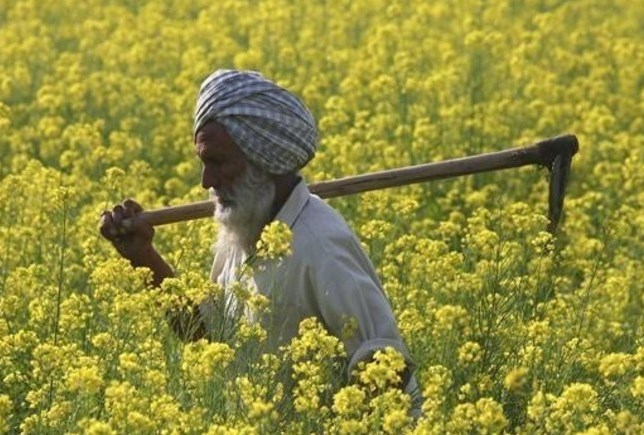By Ajit K Dubey
With over 50,000 Indian troops are deployed in Eastern Ladakh to fight against China, the Defence Research and Development Organisation (DRDO) has developed multiple products such the Him-Taapak heating devices and snow melters to help the soldiers fight the enemy in form of the extremely low temperatures.
The Him Tapak space heating device (Bukhari) has been developed for the Indian Army deployed in Eastern Ladakh, Siachen and high altitude areas and it has placed an order of more than Rs 420 crores for these appliances, DRDO’s Defence Institute for Physiology and Allied Sciences Director Dr Rajeev Varshney told ANI here.He said device will ensure that there are no deaths of jawans due to backblast and carbon monoxide poisoning.
DIPAS, which conducts physiological and biomedical research to improve human performance in extreme and wartime environment has also developed ‘Alocal cream’ that helps in preventing frostbite chilblains and other cold injuries to soldiers deployed in extremely cold areas. It has also developed a ‘flexible water bottle’ and ‘Solar Snow Melter’ to address the issue of drinking water problems in freezing temperatures.
Dr Varshney said that the Army has placed orders worth Rs 420 crores to the manufacturers of ‘Him Taapak’.
“The Indian Army has placed orders worth Rs 420 crores to the manufacturers of this device and they would be deployed in all new habitats of Army and Indo-Tibetan Border Police (ITBP), where the temperature is low,” Varshney said.
He said the new heating device has three improvements from the earlier devices developed by DIPAS.
“We have developed one improved space heating device named Bukhari. It has three improvements. First is oil consumption in this device is almost half and as per our calculation, we will be able to save almost Rs 3,650 crore in a year. Very soon it will be deployed all the deployment point of Army,” he said.
“Second, at high altitude, the speed of the wind is also high. With that speed, there is a backblast. With this design, there is no backblast. Even if some air is coming to this, the device has three horizontal double-layered plates which can cut the air, so there be no blast. It is a blast-proof Bukhari. The third is that the device is 6 litres capacity device, and combustion is 100 per cent. So, there is no chance that it will produce carbon monoxide and other hazardous gas,” he added.
Commenting upon the ‘Alocal cream’, Dr Varshney said, “DRDO-developed ‘Alocal cream’ that helps in preventing frostbite, chilblains and other cold injuries to soldiers deployed in extremely cold areas. Every year, Indian Army orders 3 to 3.5 lakh jars of this cream for troops in Eastern Ladakh, Siachen and other areas. Recently we got order of 2 crore jars from Northern command.”
Varshney said the ‘flexible water bottle’ developed by DIPAS can withstand temperature from minus 50 to 100 degree and the water inside the bottle won’t freeze due to cold, if it is stored in liquid form.
“We have developed a flexible water bottle which has integrated detachable water filter into this. This can withstand temperature from minus 50 to 100-degree. The water in it will not freeze. You can remove the filter and you can use the bottle simply. It would not freeze. We have received an order for 400 bottles from CRPF,” he said.
Satish Chouhan, a scientist at DRDO explained about the functioning of ‘Solar Snow Melter’.
“To address the issue of drinking water problems in freezing temperatures in Eastern Ladakh and other similar areas, we provided Solar Snow Melter for trials at Siachen, Khardungla and Tawang areas. Equipment can provide 5-7 ltr of drinking water every hour,” he said.
“It works on solar energy. The device tracking solar energy and use the energy to melt the snow and water is stored up to minus 40-degree centigrade in a five-litre water tank attached with the device. They can take water by using the tap attached in the tank. It is cost-effective,” he added. (ANI)
